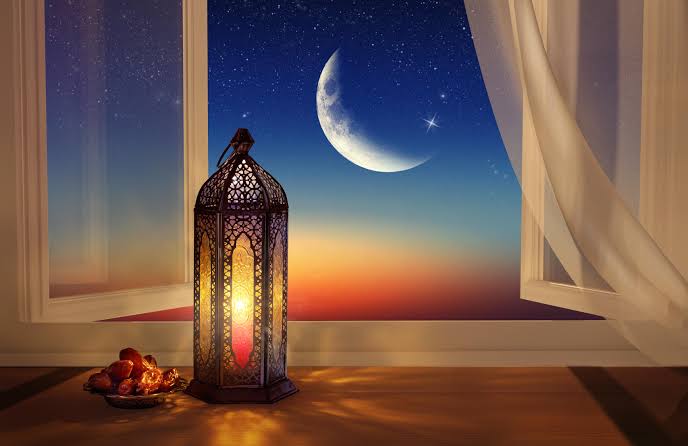Jigawa state governor, Umar Namadi has approved the reduction of working hours for workers in the state by two hours for the duration of the 2024 Ramadan fast.
The state Head of the Service, Muhammad Dagaceri said this in a statement on Tuesday in Dutse.
Dagaceri said that workers were expected to report to work at 9 a.m. and close at 3 p.m., from Mondays to Thursdays instead of the normal 5 p.m.
“Furthermore, workers would report to work on Fridays by 9 a.m., and close by 1 p.m., as usual,” he said.
He said that the aim was to provide opportunities for workers to prepare for the break of fast and have time to observe spiritual activities in the Holy Month.
He expressed hope that the workers would use the Ramadan fast to pray for God’s guidance and blessings.
“It is also our hope that civil servants will use the fasting period to pray for the peace and economic prosperity of the State and Nigeria at large,” he said.
Jigawa state is one of the 36 states of Nigeria, located in the northern region of the country. Created on 27 August 1991, under the General Ibrahim Babangida administration who announced the creation of nine additional states in the country bringing the total number of states then to thirty.
The announcement was given legal backing through the; State Creation and Transitional Provisions Decree No. 37 of 1991. Jigawa State was a part of Kano State and was located in the northeasternmost region of Kano State, and it forms part of Nigeria’s national border with the Republic of Niger. The state capital and largest city is Dutse. Jigawa state has 27 local governments
The eighth largest state by population, residents of Jigawa State are predominantly of Hausa or Fulani background. The vast majority of the residents of Jigawa State are Muslim, and it is one of the twelve states in the country to be governed by Sharia law.
Jigawa State is famous for the Dutsen Habude cave paintings in the town of Birnin Kudu, which have been dated back to the Neolithic period. The town of Hadejia (formerly Biram) is notable as being one of the traditional “seven true Hausa states“.
NAN


